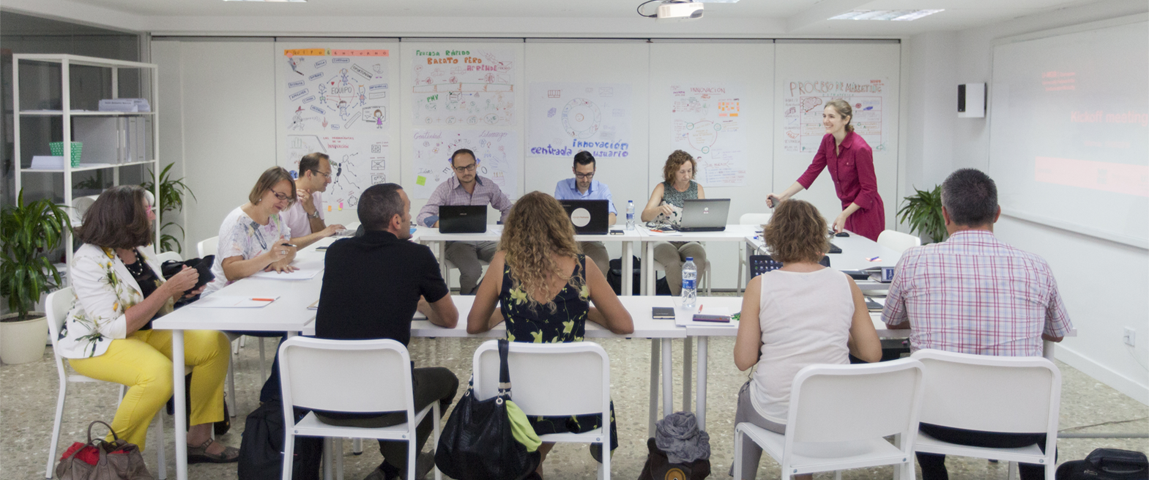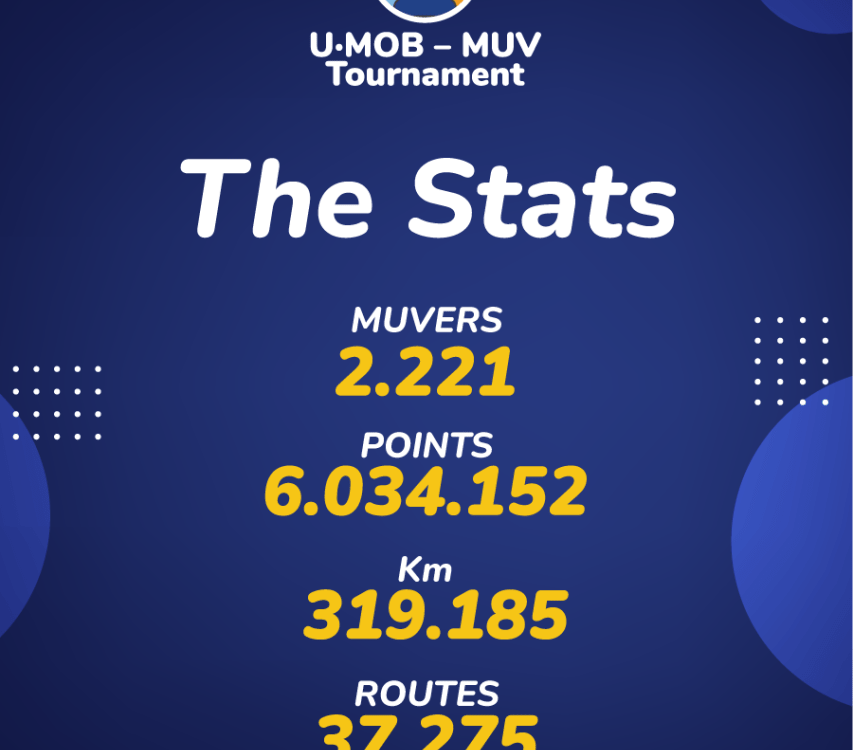- Have any questions?
- info@u-mob.eu
U-MOB project kicks-off for reducing CO2 levels in European campuses

U-MOB on EuropeanMobilityWeek website
1 July, 2016
U-MOB on La Ciutat de Barcelona website
20 September, 2016U-MOB LIFE started last July. The project aims to reduce CO2 emissions in the European university campuses. The project leader is the Valencian company NOVOTEC Consultants, specializing in sustainability and the environment. Other organisations take also part in the partnership: Fundación Equipo Humano, specializing in training and communication, Universitat Autònoma de Barcelona (UAB), the Technical University of Krakow, University Rotterdam and the University of Bergamo.
Along the U-MOB LIFE project, action plans for sustainable mobility will be implemented in 30 European campuses, as well as three international conferences, the first of which will take place at the UAB’s Bellaterra campus in March 2017. This project will run for 5 years, is co-financed by the LIFE Program of the European Union, and has a total budget of 1.329.427 €.
U-MOB LIFE objectives
U-MOB LIFE project, acronym for ‘European Network for Sustainable Mobility at University’, has the following main objectives to be achieved:
- Creation of a European Network of Universities for Sustainable Mobility, that will gather and replicate sustainable mobility best practices beyond the project.
- Development and Implementation of policies and action plans for sustainable mobility in 30 European campuses adhered to the Network.
- Launch of an awareness raising campaign to students and other members of the university community in Network campuses, about the impact of mobility on CO2 emissions and the key role of sustainable mobility.
- Development and dissemination of an online training course for a new professional figure in campuses: Sustainable Mobility Manager
In addition, they will be held three international conferences on sustainable mobility: in Barcelona (March 2017), Krakow (2019) and Bergamo (2021). These forums will be a space for discussion to promote knowledge exchange between the universities of the network as well as between local or regional authorities linked to the management of mobility, or companies related to sustainable mobility.
Mobility contamination: A major problem
Across the European Union, increased traffic in city centers has resulted in chronic congestion, with the many adverse consequences for the loss in terms of delays and pollution. Each year about 100 million euros, or 1% of EU GDP, are lost in the EU economy as a result of this phenomenon.
Concern about this problem translates into increased public awareness and implementation of actions, such as the European Mobility Week (SEM), which began this September 16 and who have joined dozens of cities with activities sustainable mobility.
Pollution sources: university campus
European university campuses are spaces where commuters thousands of people and in many cases they do through private transport as well as public transport, thus generating major pollutants emissions into the atmosphere.
An example of pollution in these frequent trips polluter is the amount each person over a year. For example, it is estimated that every 60 km a day a person performs drive and taking into account an average of 200 working or school days, they are issued up to 2 tonnes of CO2 per year.
Implementing a series of good practices and promoting other types of transport, we will be reducing emissions in these sources of contamination mobility are university campus.
Clara Borja Barberà,
Communication manager of U-MOB project



